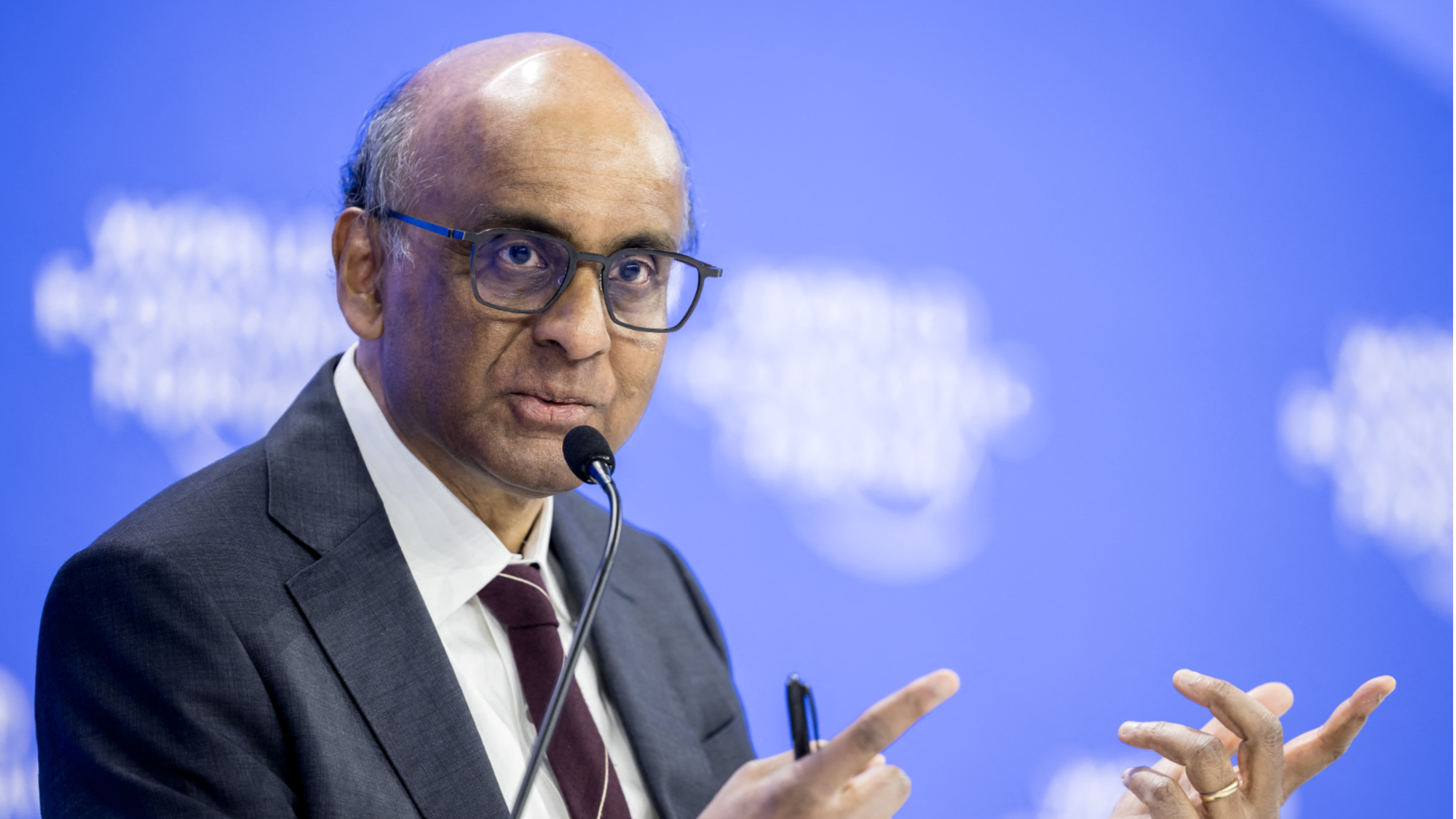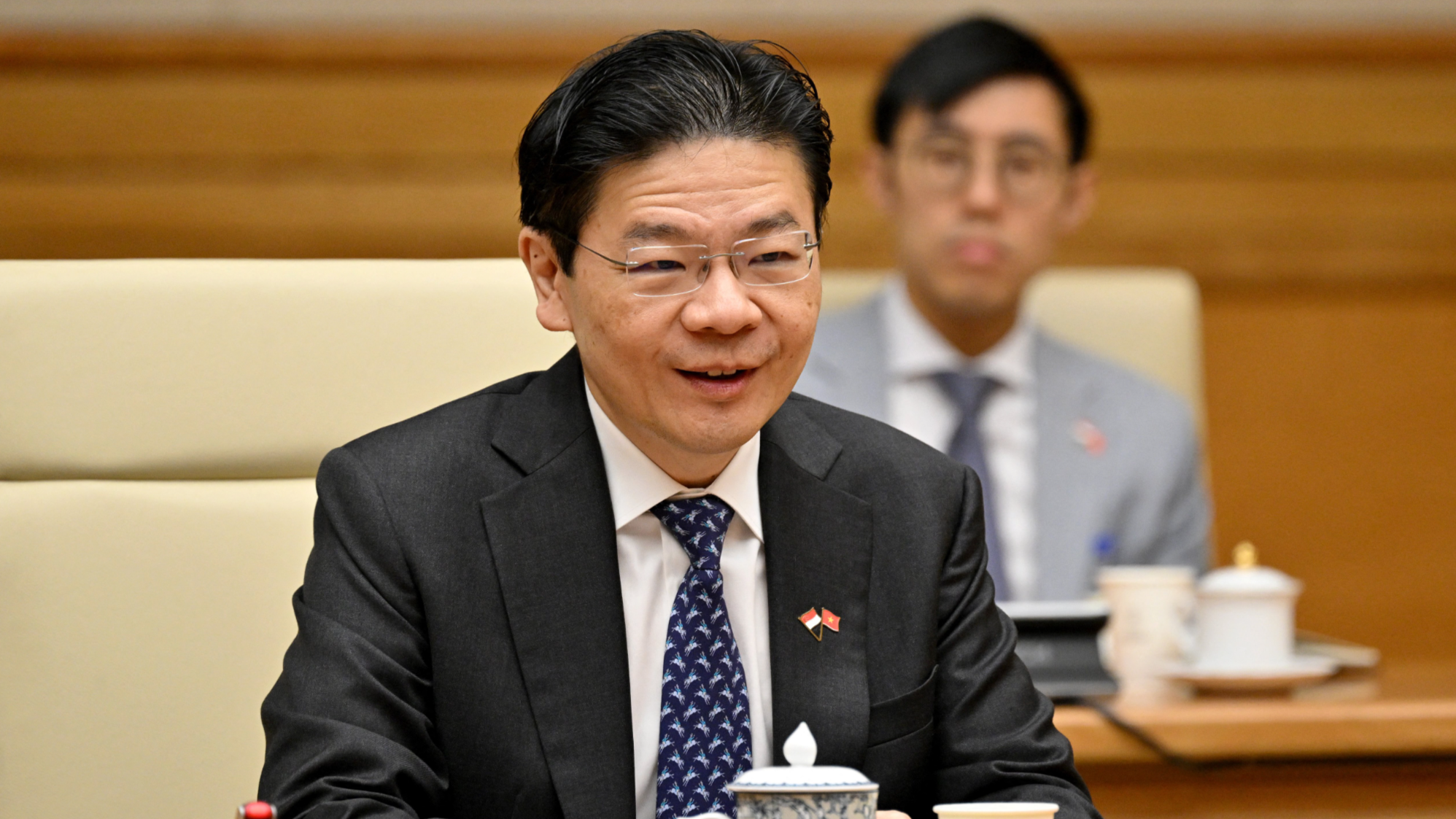
SINGAPORE - Singapore will hold its next general election on May 3, local media reported on Tuesday.
Singaporean President Tharman Shanmugaratnam on Tuesday dissolved the parliament, officially starting the election process. The Nomination Day will be on April 23, according to a statement from the Prime Minister's Office earlier on Tuesday.
Prime Minister Lawrence Wong will lead the ruling People's Action Party into the contest.

Wong said on Tuesday that "Singaporeans should decide on the team to lead our nation" at this critical juncture.
"The global conditions that enabled Singapore's success over the past decades may no longer hold," Wong said in a Facebook post, adding that this is why he has called the general election.
The Nomination Day will take place on April 23, when political parties will announce their final slate of candidates contesting across Singapore's 33 constituencies.
Voters will cast ballots for individual candidates or groups of candidates running to represent their constituency in the parliament.
Following the Nomination Day, nine days of campaigning will be permitted, including rallies, house visits, pamphlet distribution, poster and banner displays, and online political advertising. Campaigning will be prohibited on May 2, a designated cooling-off day for voters to reflect on the issues raised.

Wong, who succeeded Lee Hsien Loong as prime minister in May 2024 after Lee's two-decade tenure, will lead the ruling People's Action Party (PAP) into the upcoming general election.
The PAP, which has governed Singapore for over 60 years, secured 61.24 percent of the vote in the 2020 general election, compared to 69.86 percent in 2015. The Workers' Party, the only opposition party to win seats in 2020, increased its parliamentary representation from six seats in 2015 to 10 in 2020.
The election comes amid growing concerns over global trade tensions. Senior Singaporean leaders, including Wong and Senior Minister Lee, have recently warned that new US tariffs could undermine global free trade and threaten small, open economies like Singapore.
While a proposed 10-percent tariff on Singapore may have a limited direct impact for now, Wong cautioned in an April 4 video message that the broader consequences could be significant.
"International trade and investments will suffer, and global growth will slow," he said, adding that Singapore, given its high dependence on trade, stands to take a harder hit than others.


